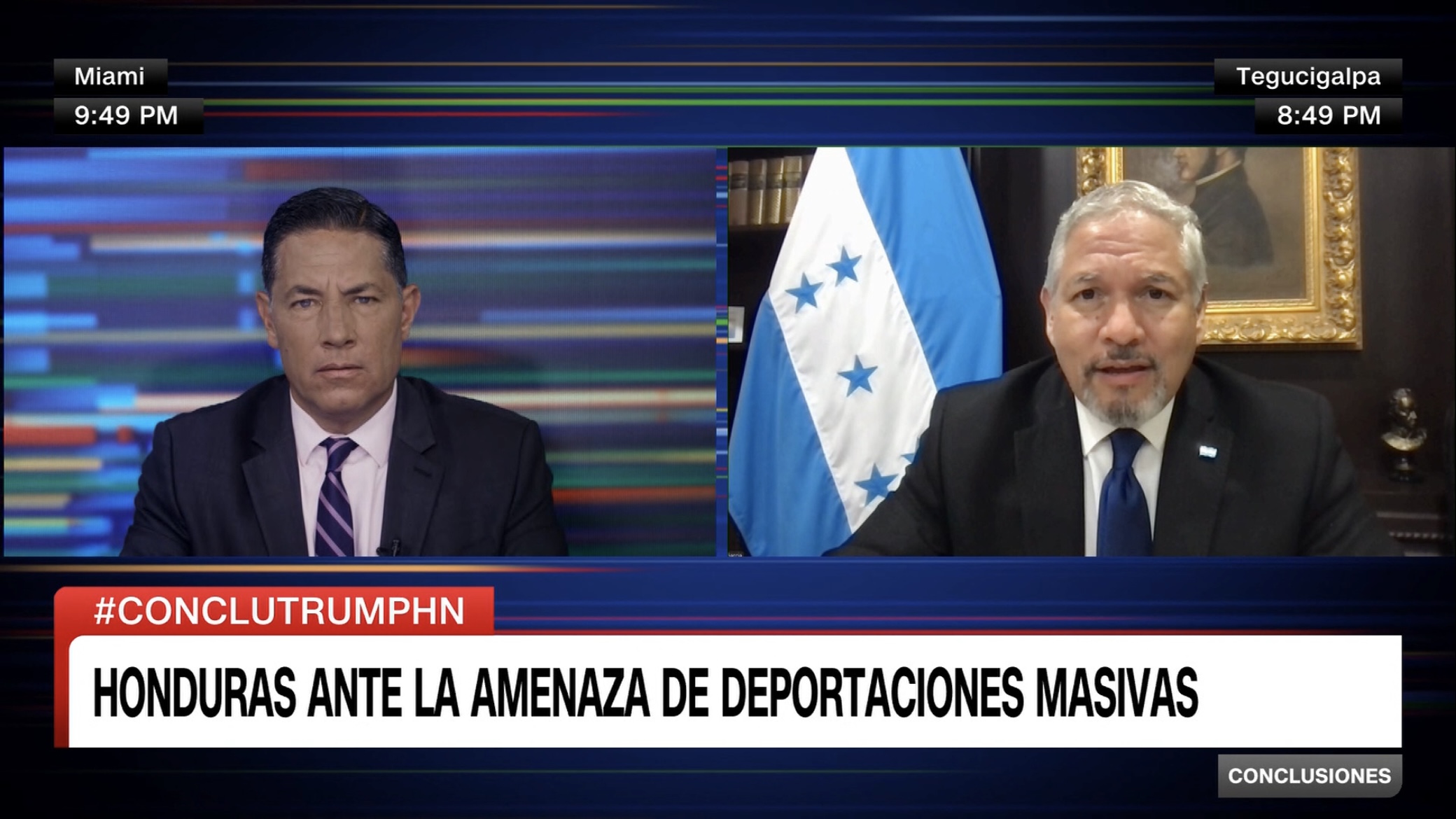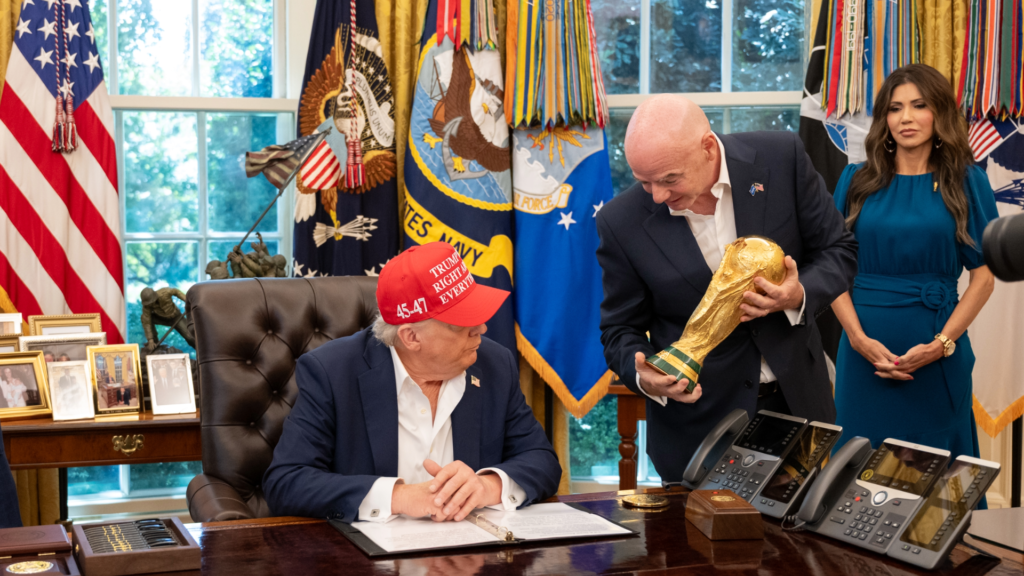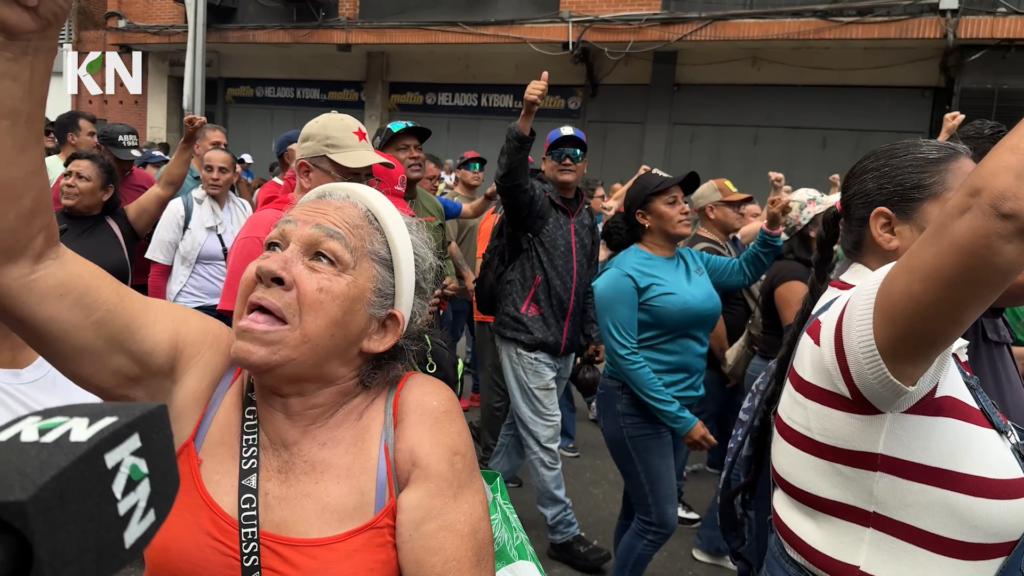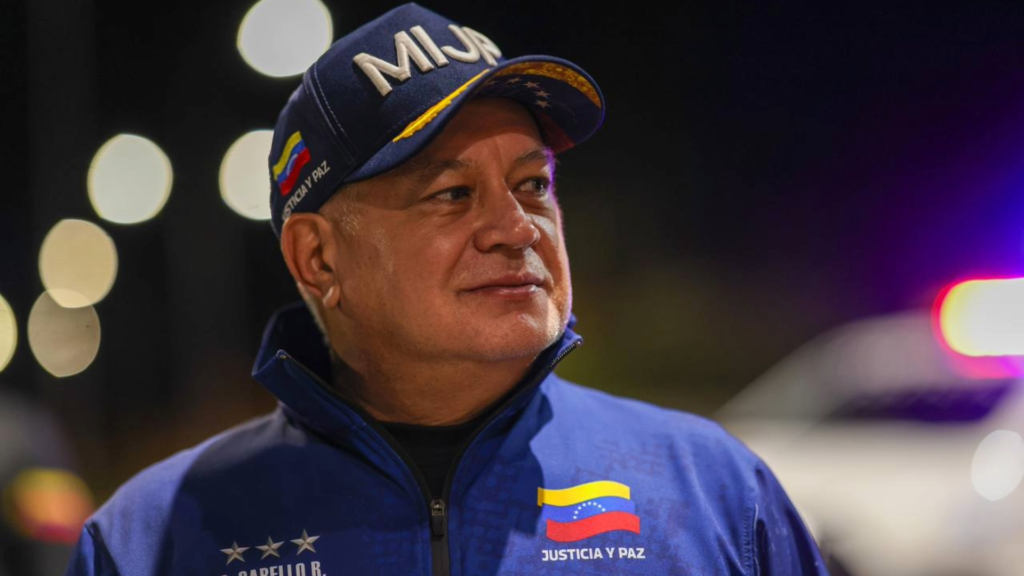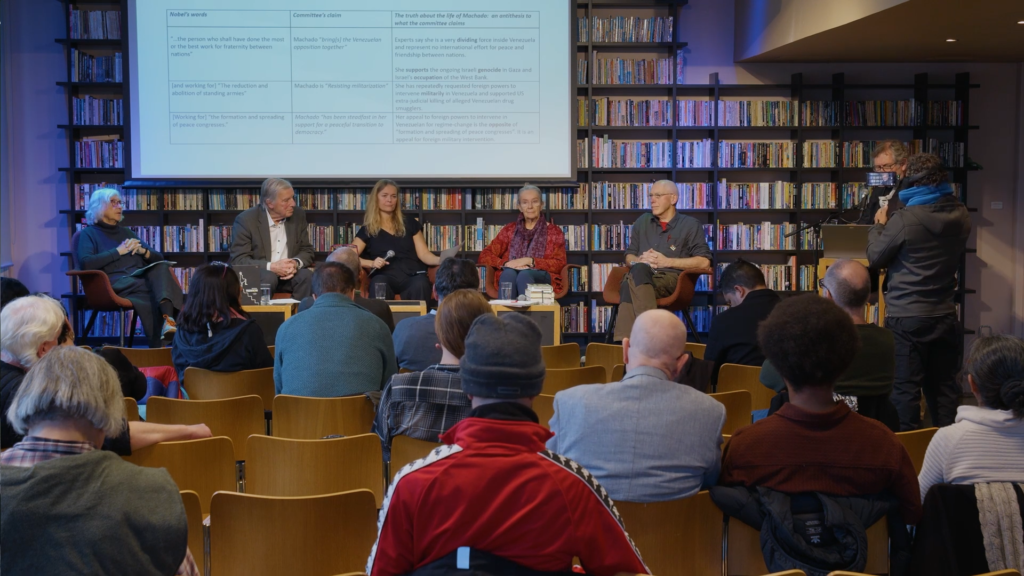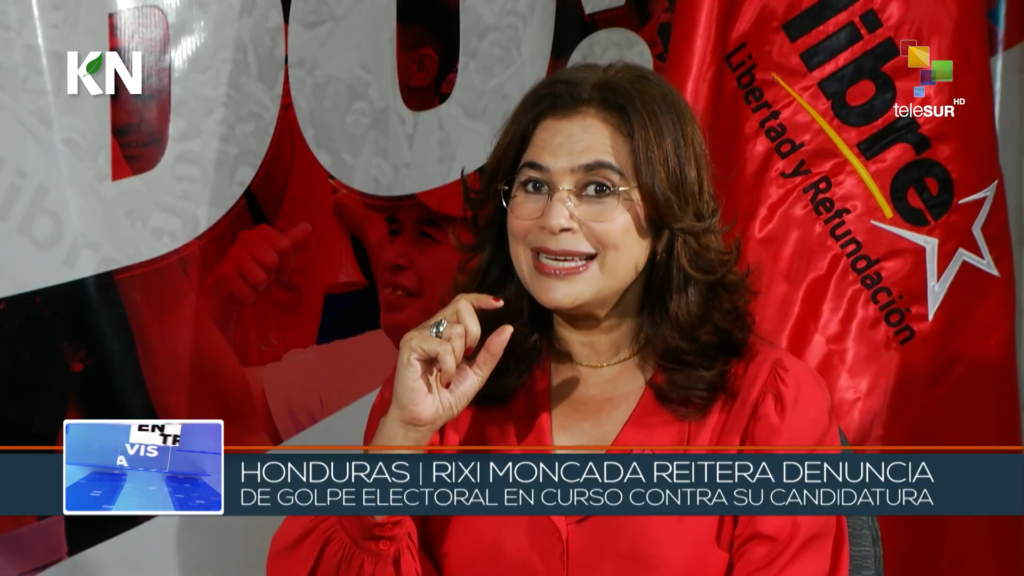Honduras’ Minister of Foreign Affairs, Enrique Reina, explains in an interview on CNN, why the Community of Latin American and Caribbean States (CELAC) cancelled its emergency meeting scheduled for January 30 which was requested by the president of Colombia Gustavo Petro. On the meeting agenda was discussion of U.S. migratory policies and the measures being taken by Latin American and Caribbean countries to address this issue and also the issue of Haiti. A foreign ministry statement was published on January 28 to notify of the cancellation. Honduras, lead by President Xiomara Castro, currently holds the pro tempore presidency of the bloc.
Below is a transcript of Reina’s responses when asked on the program Conclusiones, on CNN en Español.
“President Xiomara Castro, in her capacity as CELAC’s pro tempore president, called a CELAC meeting at the request of (Colombian) President (Gustavo) Petro due to the diplomatic friction that occurred with the United States on the issue of migration. In this case, we issued the call as is part of the right of any CELAC member state to call an emergency meeting. So we proceeded to call it. It was actually scheduled to take place tomorrow in Honduras at 11 a.m.
CELAC decisions are generally made by consensus. The issues obviously have the support of the countries, at least of the troika—Honduras holds the current pro tempore presidency; Colombia is next in line and will assume the presidency very soon; and it is also composed of a CARICOM representative and in this case Grenada is the representative. In other words, the majority of countries, I would say 60%, 70% of countries agreed to hold the meeting but naturally they operate under the consensus scheme. So if at least one is opposed, then developing the relationship or the meeting is made difficult.
In fact, we have had, let’s say, complex problems in the region, such as Ecuador’s raid into the Mexican embassy. At one point an emergency meeting called by Mexico. Well, all CELAC countries participated (in the vote). Some countries decided not to support the meeting. Therefore, the meeting was cancelled due to a lack of adequate consensus. However, as I say, the vast majority (of countries) were very interested in addressing this issue, as well as the migration issue. In fact, there is a precedent: President Castro and President Sheinbaum called a meeting of foreign ministers in Mexico that was held on January 15, in which we had a follow-up, not under CELAC, but under the scheme that had been given in Palenque with (Mexican) President López Obrador, in which we met and addressed the migration issue. The idea was to raise this same issue to CELAC in order to address the decisions that the Trump administration would make.
As we have stated in the communiqué, the principle of CELAC serves as a mechanism of coordination between Latin American and Caribbean countries. It’s a support mechanism for integration to define issues of common policy and issues that affect the region in general or in which we want to work. I believe that the internal dynamics of countries and some differences, for whatever reasons, have instigated some issues (that we disagree with / that we haven’t addressed). For example, we mentioned Haiti in a statement that was issued. We wanted to address the issue of Haiti because we believe that it is a very important issue for the Latin American and Caribbean region and unfortunately there has not been a consensus to address this issue. So I think that there are some countries that have some differences in our point of view on such issues.
I think this is normal in regards to the Trump administration. I believe some countries view the position that they may assume with extreme caution. For us, I think it (CELAC) is a space where we don’t want to create more conflict. To the contrary, we’re searching for understanding and ways of working together to develop internal cooperation because the migration issue is a phenomenon that affects us all equally. That goes for countries where migrants are leaving from, countries that are on the route, as well as those that receive them.“

